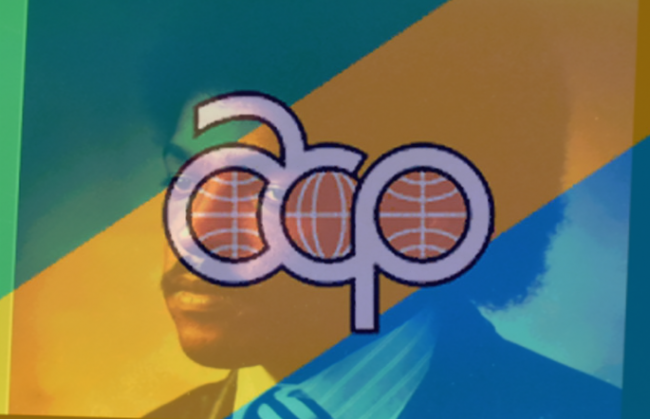Radio Erena: 27 October 2020

Eritrea is famous for avoiding committal statements on the situation of individual and mass prisoners of conscience. EU scathing criticism of Eritrea’s treatment of the Journalist Dawit Isaak led the Eritrean diplomacy out of its secret foxhole. On 22 October, the Ministry of Information website “Shabait.com” posted Eritrea’s delegation statement on the 56th virtual session of the Parliamentary Assembly of the Organization of African, the Caribbean, and the Pacific States. In response to the EU stand on Dawit Isaak’s case, the delegation stated the following: “The Case of Dawit Isaac itself cannot be misconstrued as an issue of human rights and freedom of expression as claimed in the Resolution. The grave offense – in which he was complicit – is related to treasonous acts perpetrated by a certain group (so-called G15) in 2000 at the height of the war of aggression by the TPLF-led Ethiopian regime and that claimed, in aggregate, more than 150.000 lives. The fact that this person has Swedish dual nationality does not, evidently, exempt him from legal accountability. The offense was committed on Eritrean soil where he was working under a local license. Meddling in this case is a clear violation of Article 2 of the UN Charter which clearly stresses non-interference in the internal affairs of States under any pretext whatsoever.”
This statement, which is rare in its kind, is crystal-clear and straightforward. It leaves no doubt whatsoever that Dawit Isaak has been brought to court. Additionally, and according to the statement, his dual Swedish nationality will not place him above law, i.e. he will stand trial like any Eritrean inside the country.
The immediate question that comes to the mind of the reader is: “when did Dawit Isaac face trial, fair or unfair, in Eritrea?
We are certainly dead sure that Dawit Isaac has not been tried. His imprisonment stands today as a flagrant abuse of all laws local and international.
We also know that the functions and duties of the Eritrean Ministry of Foreign Affairs are fully assumed by the Office of the President. Therefore, such a strange statement could not escape the inspection of the Office’s staff.
We will leave the analysis of the legal content of this statement for the legal experts, but it worth mentioning here the recent development on Dawit Isaak’s case. In an interview with Radio Erena, Esayas Issak, the brother of the detained journalist Dawit, confirmed that RSF and Free Dawit Association have filed a complaint in the Swedish prosecutor’s office. The complaint charges the Eritrean president and seven other high functionaries with a crime against humanity, forced disappearance, and torture. According to Mr. Abdallah Khiyar, former High Court judge in Asmara, the complaint is a “landmark in the fight against human rights abuses in Eritrea.” He further said that: “before 2014 not many Eritreans thought that they could file lawsuits against Eritrean officials.
False statements like the one presented above by Eritrean officials regarding the prisoners of conscience should be used as evidence in the filing process.
A firm belief among Eritreans that the legal onslaught for justice will not be in vain is gaining momentum.
By Fathi Osman
===========
To read Eritrea’s Statement to OACPS Subcommittee of the Parliamentary Assembly click the link below.
Eritrea’s Statement to OACPS Subcommittee of the Parliamentary Assembly
